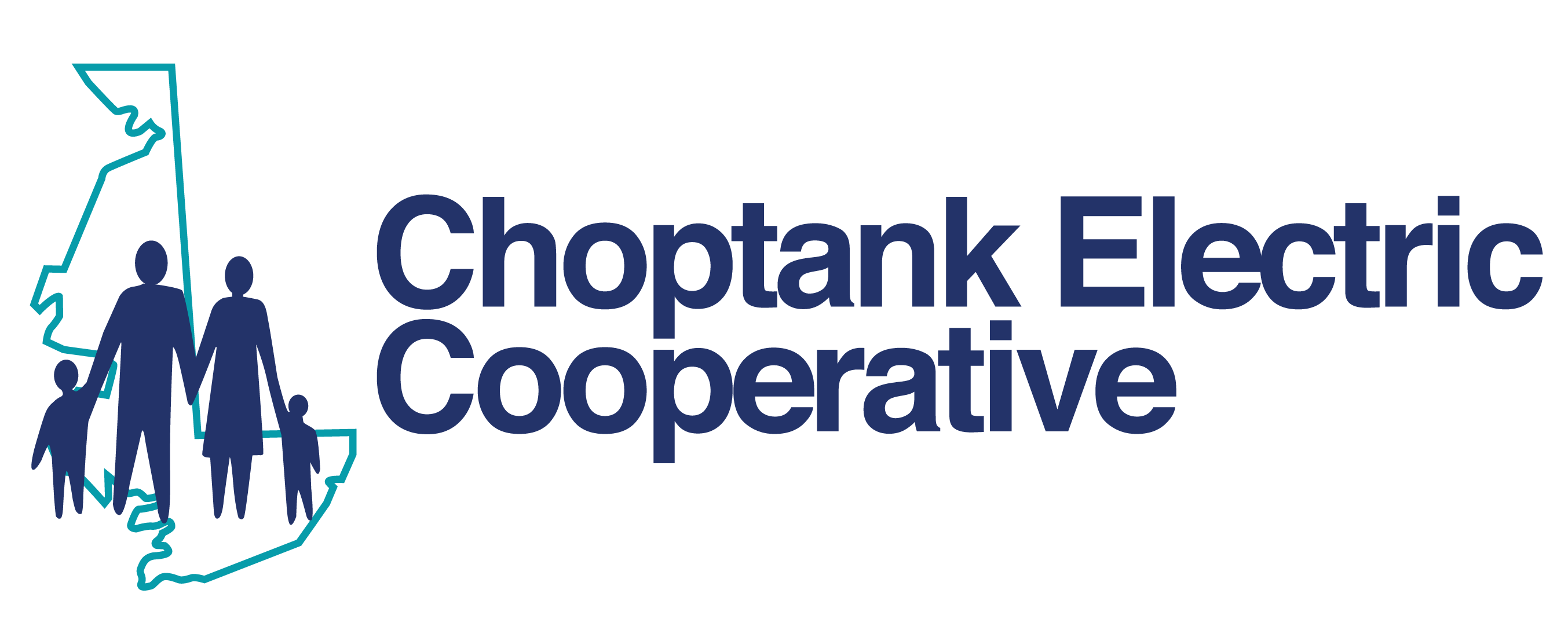Broadband: Our Next Challenge
Choptank Electric Cooperative wants to play a bigger role in solving the rural broadband crisis. We want to use our proven delivery model to bring reliable Internet service to every member — the same way we brought electricity to every rural household in our territory 80 years ago.
New CEO Mike Malandro has concrete experience in this area, having launched Ruralband, a successful broadband affiliate of Prince George Electric Cooperative near Richmond, Virginia. “We can use the same formula here on the Eastern Shore to install fiber,” he says.
Ruralband used a combination of federal and local grants to jump-start the effort. “The FCC (Federal Communications Commission) is expected to auction off over $20 billion for broadband delivery to rural communities next year,” Malandro explains. “I’d like to position Choptank to bid on those funds to provide broadband to members faster and more comprehensively than other start-ups.”
In Maryland, 36% of residents lack internet service that meets FCC standards — most are in rural areas, like the Eastern Shore.
“We are ready to take on the challenge,” says Jeff Rathell, Chairman of the Board of Directors. “If we can get some leeway in state regulations, this not-for-profit can deliver a whole lot more to our members. Our history says we can do it.”
Co-op members want to bring high-speed internet service to their homes, farms, and rural businesses to enjoy the same connectivity to the world as residents in urban areas. They want access to tele-medicine, educational opportunities for their kids, economic development for good jobs, and the means for civic engagement.
Many government leaders have studied the lack of rural broadband and the challenges to universal service. One of the biggest hurdles has been accurate maps. “One customer with service in a census block has checked-off the map to ‘served’ for that block,” explains Malandro. “The remaining ‘unserved’ residents have been left behind.”
The second hurdle has been funding. “The cost of running wire to homes that are miles apart is substantial and the return on investment for the “for-profit” companies is impossible,” says Rathell. “But this type of service is exactly what the electric cooperatives were created to deliver.”
In 2019, the Eastern Shore Delegation effectively maneuvered a bill through the Maryland General Assembly to allow electric cooperatives to use their existing easements for broadband equipment and services.
In January of 2020, Choptank will ask the General Assembly to pass legislation to provide additional regulatory flexibility. “In order to deliver last-mile service, we will seek permission to use our economies-of-scale and top-notch staff — with a process called ‘Member Regulation’,” explains Malandro. “This will make our Board more nimble in the effort to expand service options.”
“Member Regulation will allow those of us who have been elected to serve our members to set the policy terms and rates that work for our local community. Unlike investor-owned utilities that try to make a profit for shareholders, Choptank is owned by its members,” says Rathell. “Our Member Regulation plan is locally written, locally targeted and designed to meet our local broadband challenge.”
